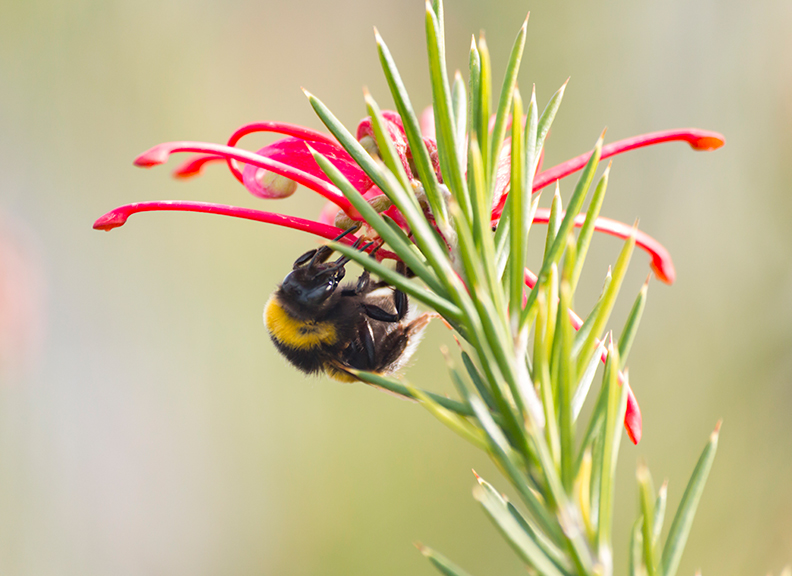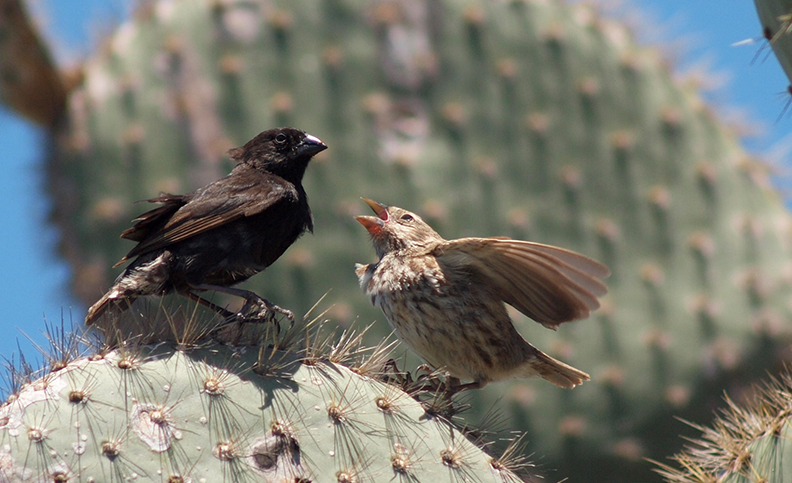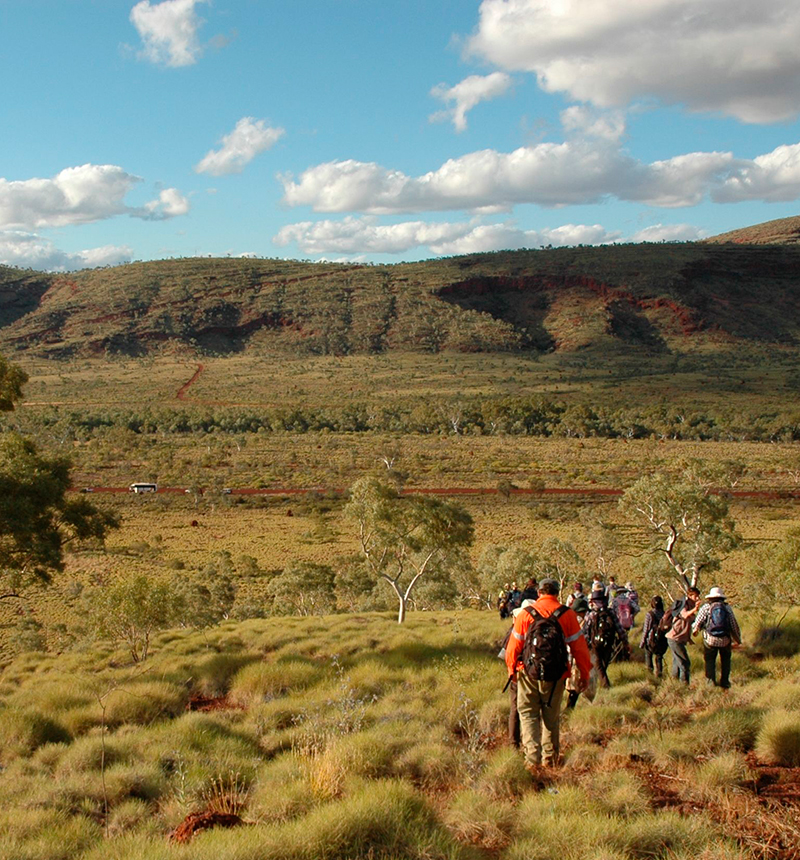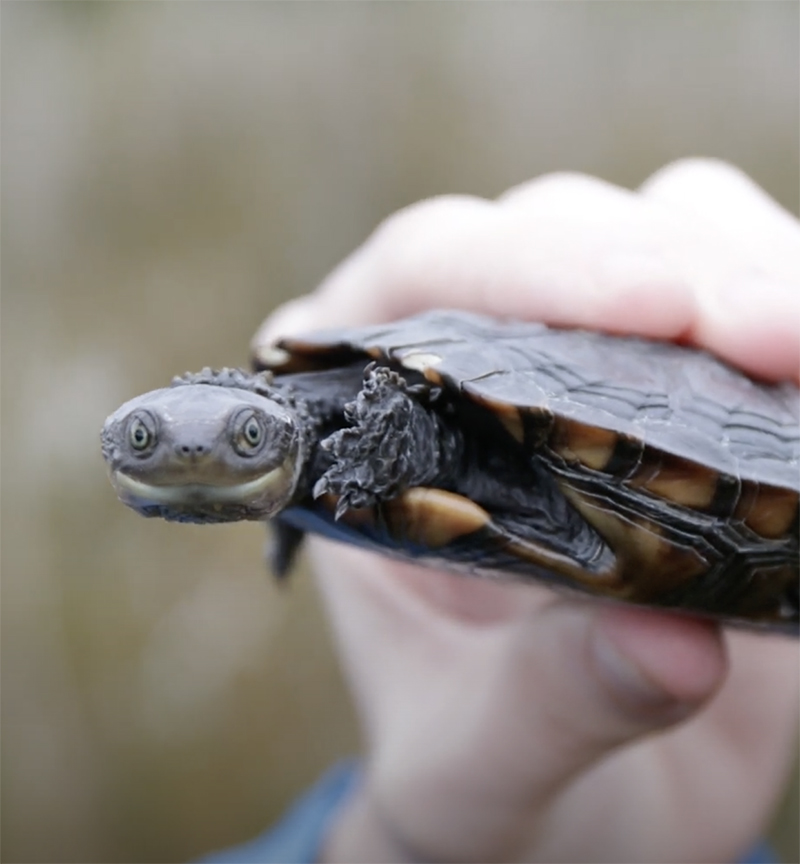Postgraduate
Master of Biological Science
Contact us
Address
Student Central
The University of Western Australia (M355), 35 Stirling Highway, Perth, Western Australia 6009
Telephone
131 UWA (131 892)
International
(+61 8) 6488 1000
Hours
Frequently asked questions
Events you may be interested in
Show more eventsCareers and further study
Explore the career opportunities available to you.
Career Pathways
Further Study
Fees and scholarships
Learn more about the fees that apply to you for this course.
Domestic Student Fees
For Commonwealth-supported places, student contribution amounts are charged by unit, based on area of study. For a fee estimate, go to the Fee Calculator and select “I want to price my units”. Fees are subject to annual indexation. Refer to the Handbook to identify the units required. More information on how fees are calculated.
Scholarships
Scholarships are available to students from a diverse range of backgrounds, including academic achievement, financial need, educational disadvantage, leadership and community service, artistic or sporting achievements, and being from a rural or remote area.
Cost of living
International Student Fees
Onshore international students are charged an annual course fee, charged per credit point at a rate dependent on the course in which the student is enrolled. Annual course fees are calculated based on an annual study load. Check the handbook to confirm the annual study load for your course.
Find out more about international student tuition fees and visit the fee calculator for the relevant course fees.
Fees are subject to annual indexation.
Scholarships
Scholarships are available to students from a diverse range of backgrounds, including academic achievement, financial need, educational disadvantage, leadership and community service, artistic or sporting achievements, and being from a rural or remote area.
Cost of living
Admission requirements
If you’re interested in furthering your career by studying this postgraduate course, find out the admission details below
Admission Requirements
(a) a Bachelor of Science, or an equivalent qualification, as recognised by UWA;
and
(b) the equivalent of a UWA weighted average mark of at least 50 per cent;
and
(c) met the prerequisite for the chosen specialisation
(2) For the Conservation Biology specialisation an applicant must have successfully completed prior studies at a tertiary level in biology (excluding human biology); or in a related cognate discipline, as recognised by UWA
(3) For the Ecology specialisation an applicant must have successfully completed prior studies at a tertiary level in
biology (excluding human biology); or in a related cognate discipline, as recognised by UWA
(4) For the Zoology specialisation an applicant must have successfully completed prior studies at a tertiary level in animal science; or in a related cognate discipline, as recognised by UWA
Ranking and Selection Process
English competency
English is the language of instruction and assessment at UWA and you will need to meet the English language requirements of the University to be eligible for a place.
Minimum overall IELTS score of 6.5, with no band less than 6.0.
How to apply

Ready for the next step?
Find out how to apply through our simple online application process.
We'll guide you through our entry requirements, admission pathways available to you and application deadlines for your chosen course.
We can’t wait for you to join us!
Course details
About the course
Quick details
- Available
- Perth (Crawley campus)
- Full-time
- Part-time
- On-campus
- Semester 1, Semester 2
- Please refer to the UWA Handbook
- Postgraduate
- 72520
- 074948B
Course Structure
Postgraduate coursework degrees and combined (coursework and dissertation) degrees comprise 12-16 units, depending on your background, and you can specialise in Conservation Biology, Ecology or Zoology. Refer to the course structure for more information.
Flexibility
Dissertation options

We offer field-based, lab-based and data-based dissertation projects, each supervised by active researchers. Visit the discipline research webpage for some current options or contact course coordinators to discuss project ideas and potential supervisors.

Evolutionary Biology

The Centre for Evolutionary Biology is a UWA Centre of Excellence, delivering high quality research and research training. We adopt a multidisciplinary approach to exploring selective processes acting on the morphological and life-history traits of whole organisms and their gametes.



